SUMMARY
This is AI generated summarization, which may have errors. For context, always refer to the full article.
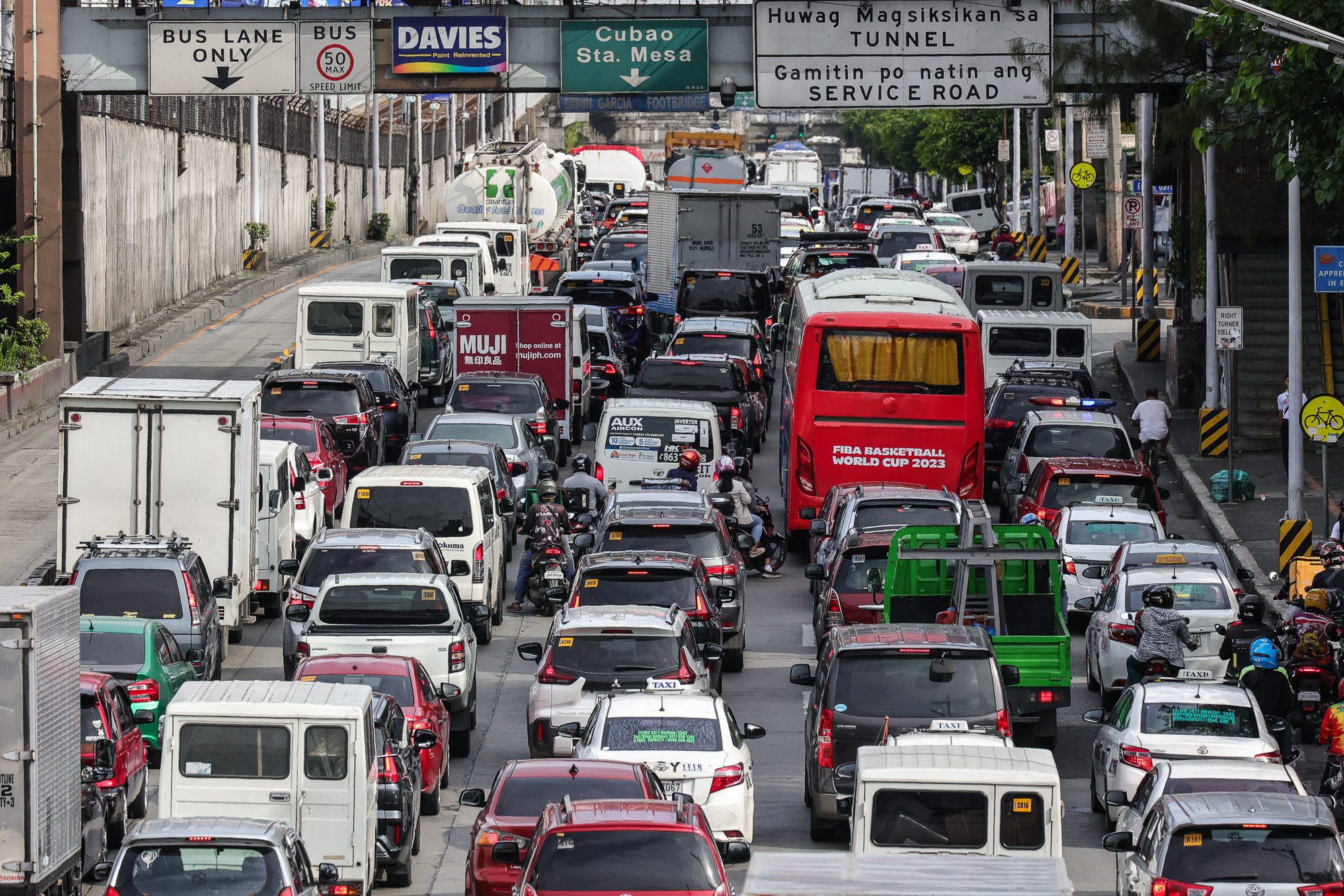
MANILA, Philippines – The Supreme Court (SC) has ordered Metro Manila local government units (LGUs) to stop issuing their own traffic violation receipts and confiscating driver’s licenses, and instead comply with the Metropolitan Manila Development Authority’s (MMDA) single ticketing system (STS).
The High Tribunal issued a permanent injunction, through its July 11, 2023 decision, that banned the LGUs from issuing such receipts and confiscating licenses through their traffic enforcers. The decision was publicized only this week.
In the decision, the SC scrapped the common provision from the traffic code of 15 Metro Manila LGUs, which are respondents in the SC case. Malabon and Marikina were not part of the original petition. The said provisions allow the issuance of traffic violation tickets or ordinance violation receipts.
“All told, the Court thus declares as invalid the common provision in the said traffic codes or ordinances of the LGUs in Metro Manila empowering each of them to issue OVRs to erring drivers and motorists. The other provisions of the traffic codes or ordinances remain valid and unaffected by this Decision,” the SC explained.
The MMDA’s STS, institutionalized through the establishment of the Metro Manila Traffic Code of 2023, harmonized the laws governing traffic enforcement and management in Metro Manila. The system standardized the fines and penalties for common traffic violations in the country’s capital region. It also covers the traffic rules on “all major, secondary or other roads and thoroughfares within the jurisdictional bounds of Metro Manila.”
“In this connection, the Court also finds that the autonomy of the LGUs will not be unduly undermined by the ruling in this case, as their interests are amply protected by the very structure of the MMDA as established by the MMDA Law,” the SC added.
What happened before
The decision penned by Associate Justice Alfredo Benjamin Caguioa stemmed from a petition for certiorari – a legal remedy used to review a lower court’s decision – with a prayer for issuance of a writ of preliminary injunction and/or temporary restraining order, assailing the Court of Appeal’s (CA) decision and resolution upholding the LGUs’ ticketing system.
The petition dated December 21, 2006 came from several jeepney drivers’ and operators’ association which sought to challenge the ticketing system of the 15 LGUs before the CA.
According to the petitioners, the traffic code provisions of the LGUs violate sections 29 and 62 of the Land Transportation Office (LTO) law, and section 5(f) of the MMDA law, which allow the agency to establish a single ticketing system. Meanwhile, the LTO law “grants the LTO authority to confiscate driver’s licenses and issue a prescribed receipt for violations of said law or of any regulations issued pursuant thereto or of local traffic rules and regulations.”
In the case, the petitioners also asked for a mandamus to require the MMDA to establish the said single ticketing system. While the petition was still pending, the MMDA issued Resolution No. 12-02, series of 2012, adopting a uniform ticketing system.
Six years later, in 2012, the CA junked the petition for lack of merit. The appellate court, however, did not rule on whether the issuance of tickets by the LGUs violate the MMDA’s single ticketing system, “because, as admitted by the parties, no single ticketing system had at that time been drawn.” The petitioners moved for a reconsideration, but was also later denied by the CA.
The petitioners then brought their case to the High Court. – Rappler.com
Add a comment
How does this make you feel?






![[In This Economy] Why we need to stop the proposed Laguna de Bay expressway](https://www.rappler.com/tachyon/2024/06/Why-we-need-to-stop-Laguna-de-bay-expressway-June-28-2024.jpg?resize=257%2C257&crop=458px%2C0px%2C720px%2C720px)
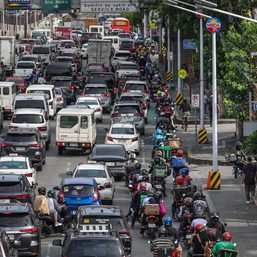
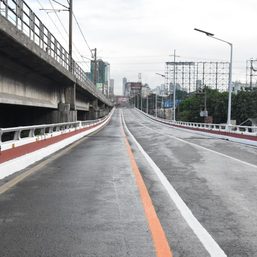
![[EDITORIAL] Kamaynilaan para sa tao, hindi para sa mga sasakyan](https://www.rappler.com/tachyon/2024/04/animated-traffic-april-2024-carousel.jpg?resize=257%2C257&crop=410px%2C0px%2C720px%2C720px)


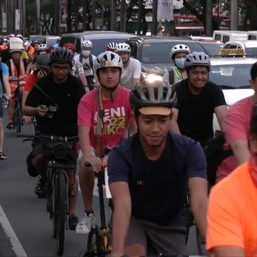

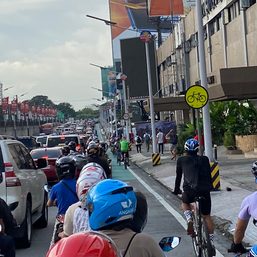





There are no comments yet. Add your comment to start the conversation.